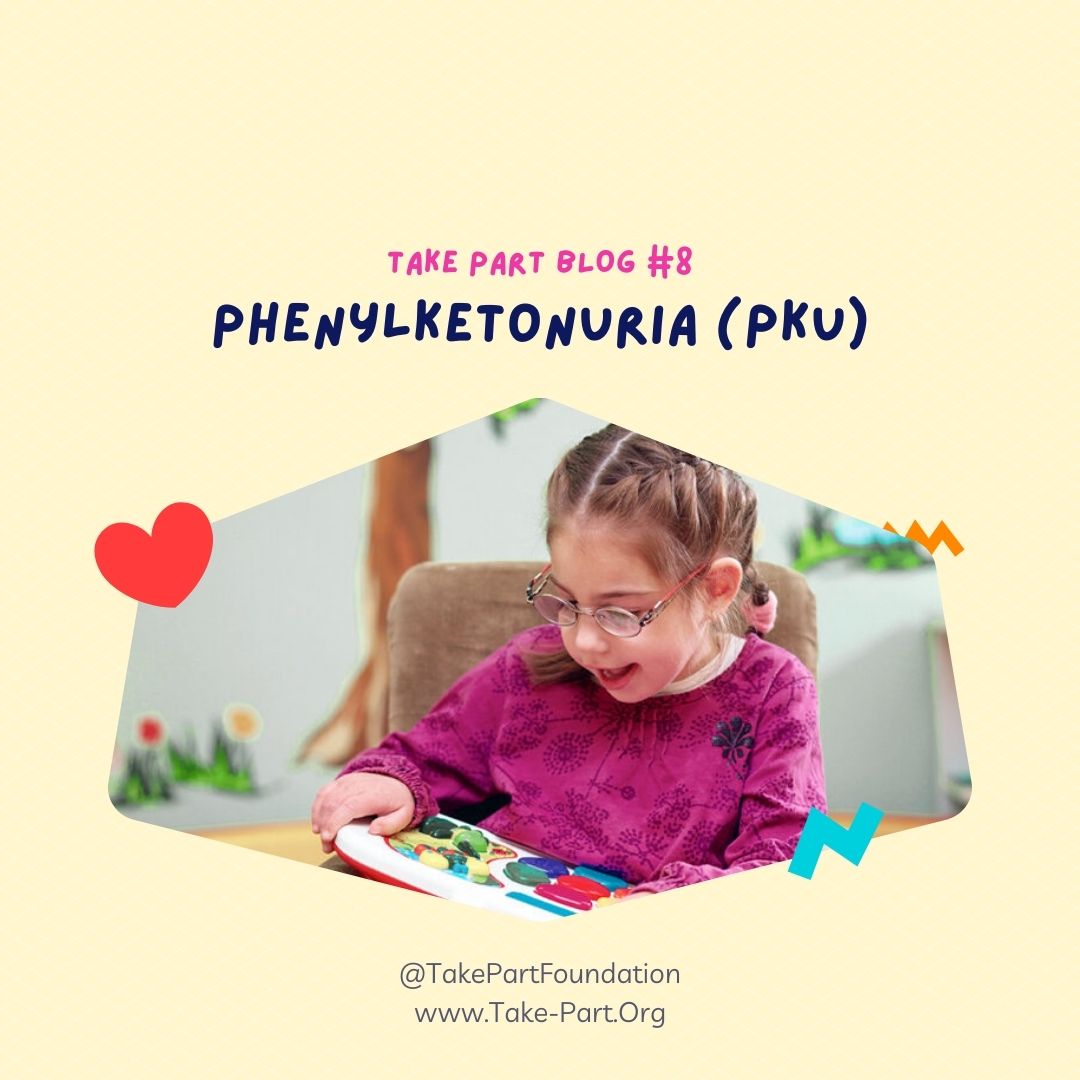Medical Information about Phenylketuria:
Regarding the severity, your child might have one of two kinds of PKU:
Classic PKU or a less severe form.
The classic form is the most severe form of PKU in which the phenylalanine hydroxylase enzyme would be completely missing or severely reduced, resulting in severe brain damage.
In a less severe form, the enzyme maintains some functions and results in smaller risks of brain damage.
Symptoms
Initially your new-born children would not have symptoms of PKU however, they would develop symptoms within a few months. Your child with PKU might show symptoms of:
Neurological problems including seizures
Skin discoloration and rashes or eczema
Stunted growth and microcephaly
Musty breath, urine, and skin odour
Delayed development and intellectual disability and psychiatric disorders
Hyperactivity
Diagnosis
The new-born babies of one to two days of age are usually screened for PKU by blood samples. The blood or urine tests will confirm whether your child has PKU or not. Further, genetic testing is usually carried out to look for the types of mutations causing PKU.
Treatment and management
The treatment of your child with PKU involves lowering of phenylalanine levels in plasma. The treatment options might include:
Cutting back the proteins to reduce the phenylalanine intake in case if your child has moderate PKU
Amino acid supplementations to get the required nutrients
Avoiding foods containing aspartame such as artificial sweeteners
Sapropterin medication to lower phenylalanine levels
Prognosis
The prognosis for your child with PKU is very good if treatment is followed properly. Delayed treatment would cause intellectual disabilities in your child. Most of the children with PKU could live a healthy life with lifelong treatments.
How is PKU inherited?
The mutation responsible for PKU is passed on to your children from parents who are carriers and don’t show symptoms. PKU is inherited in autosomal recessive manner which means that two copies of the mutated gene each from both the parents causes the condition.
